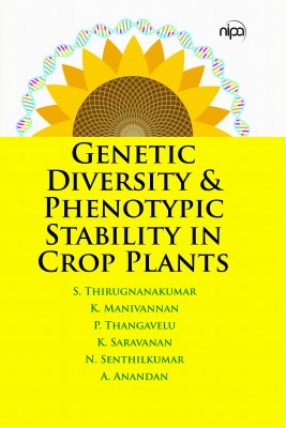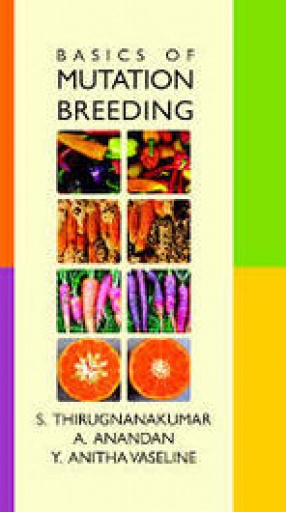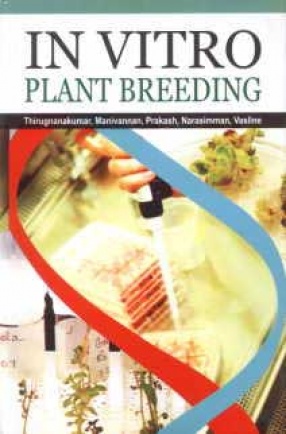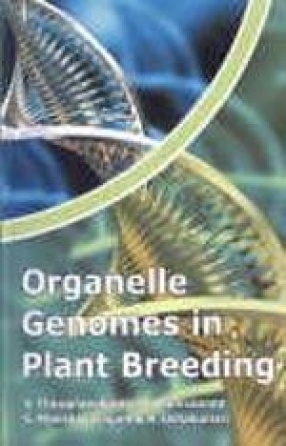
Showing all 4 books




Genetic diversity plays an important role in crop evolution. Assessing diversity by morphometric through classical plant breeding is very much useful to study the crop evolution and to identify suitable parents for developing superior progenies. The genetically diverse parents will show high combining ability resulting in high heterosis in F1 generation and throw some useful segregants in the F2 and in later segregating generations too. Genetic diversity has been ...

The book covers information on various types of mutagens and their effects, procedures for using mutagens for crop improvement, types of mutations (micro and macro) with statistical techniques to handle the mutation population.
The subject matter presented in the book will be useful for both undergraduate and post graduate students of agriculture.
Contents: Foreword. Preface. 1. Mutation and Crop Improvement. 2. Classification of Mutagens and Their Effects. 3. ...

Biotechnology is the controlled engineering of plants suing in vitro methods. As a technology, it is competent to meet the challenge for the increased turnover of biomass for the energy production. The world's demand for food, shelter and wood is expected to double by 2030. Hence, a large scale propagation and rapid multiplication of short duration plants, synthesis of novel, disease resistant, high yielding, disease free and photosynthetically efficient ...

Genetics is the study of heredity and variation. The genes present in the nucleus and cytoplasm governs the heredity and variation. The nuclear x cytoplasmic interaction largely determines the phenotype, apart from the environmental factors. Gregor Johann Mendel laid the foundation for the classical nuclear genetics. The science of organelle genetics began in 1908, with the discovery of variegation of leaf colour in 4 0' clock plant (Mirabilis Jalapa). This ...
